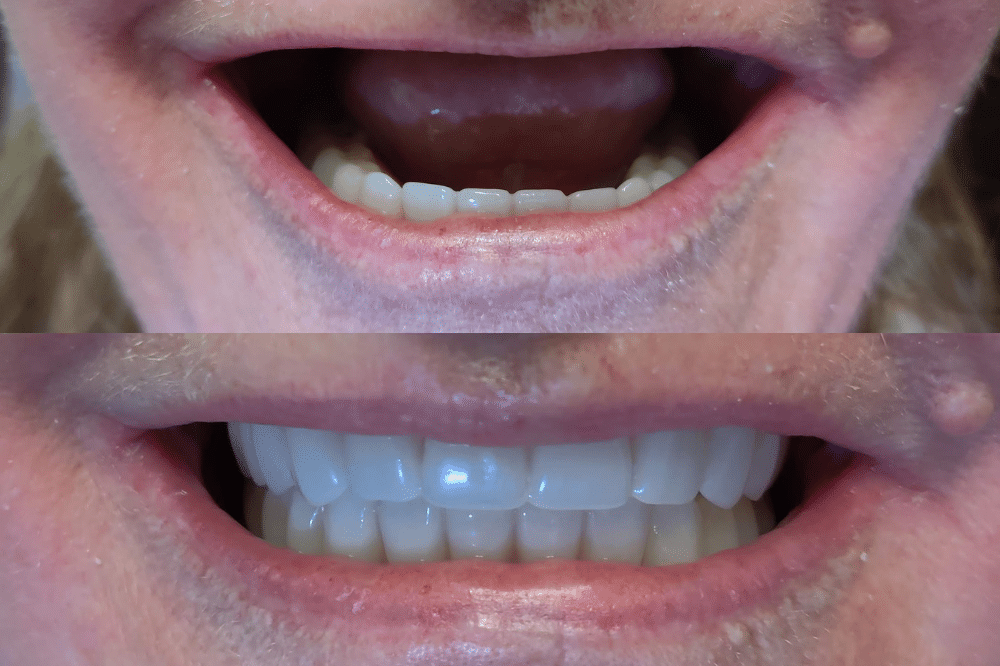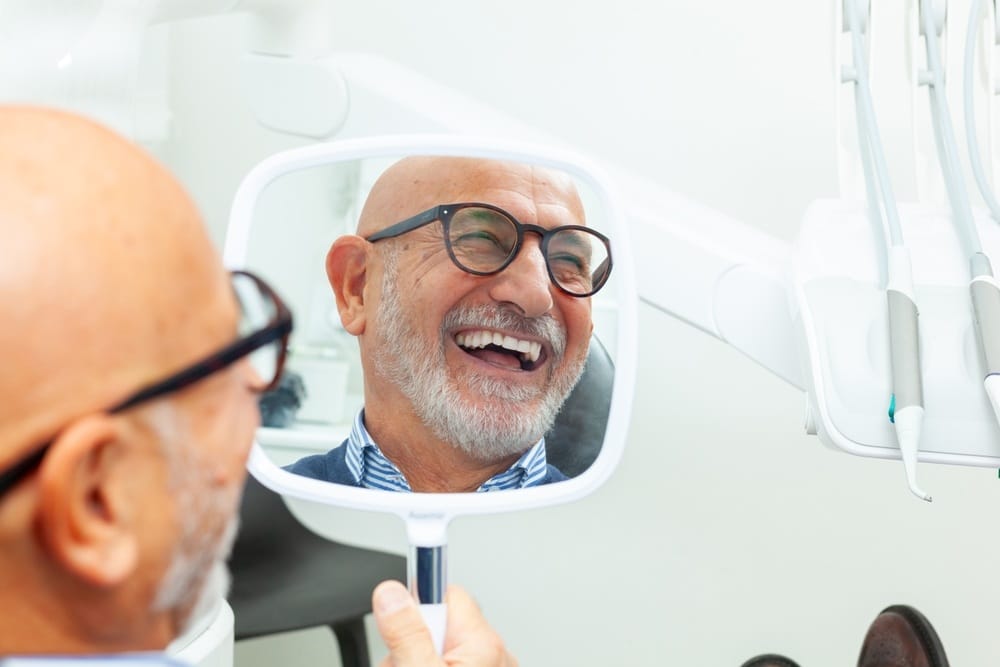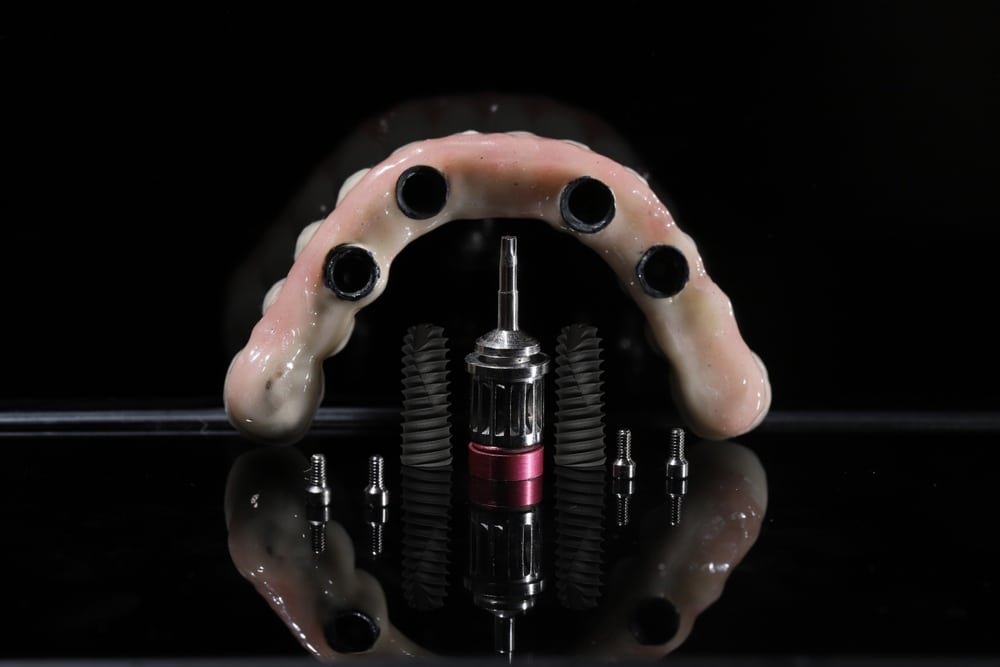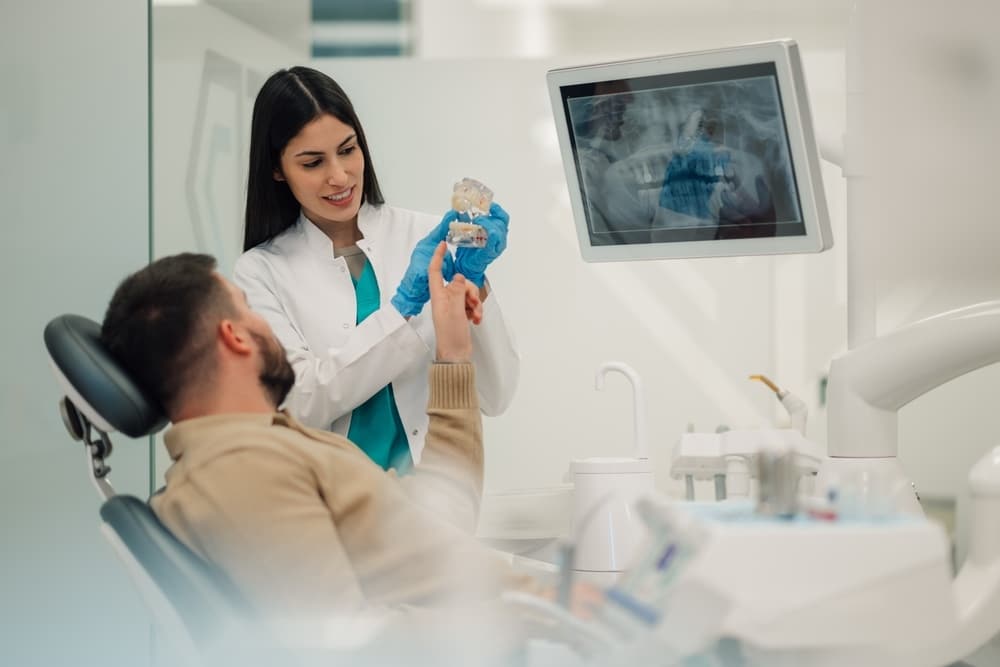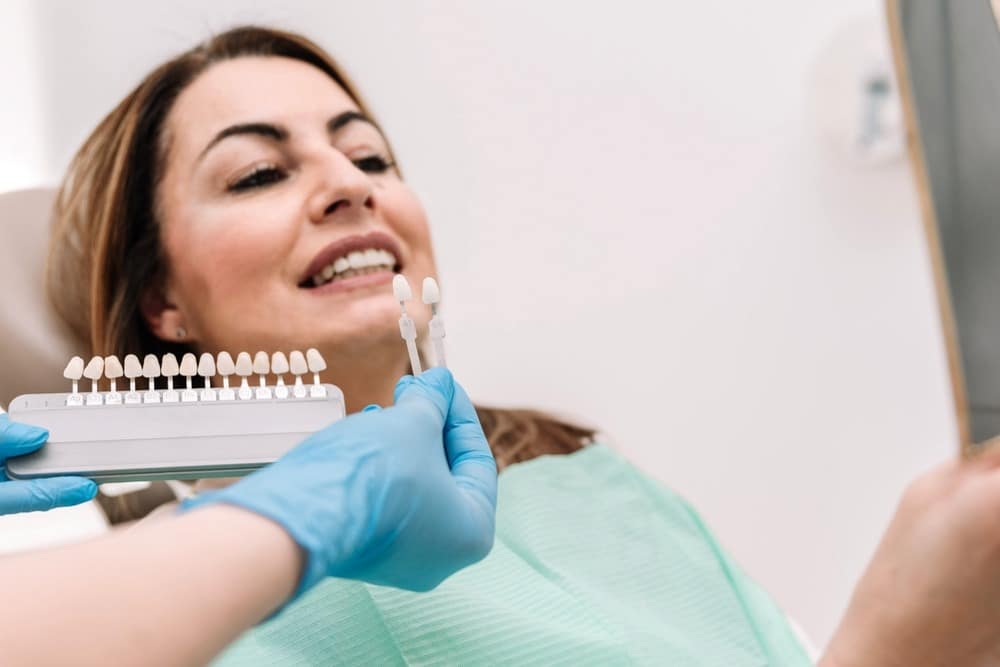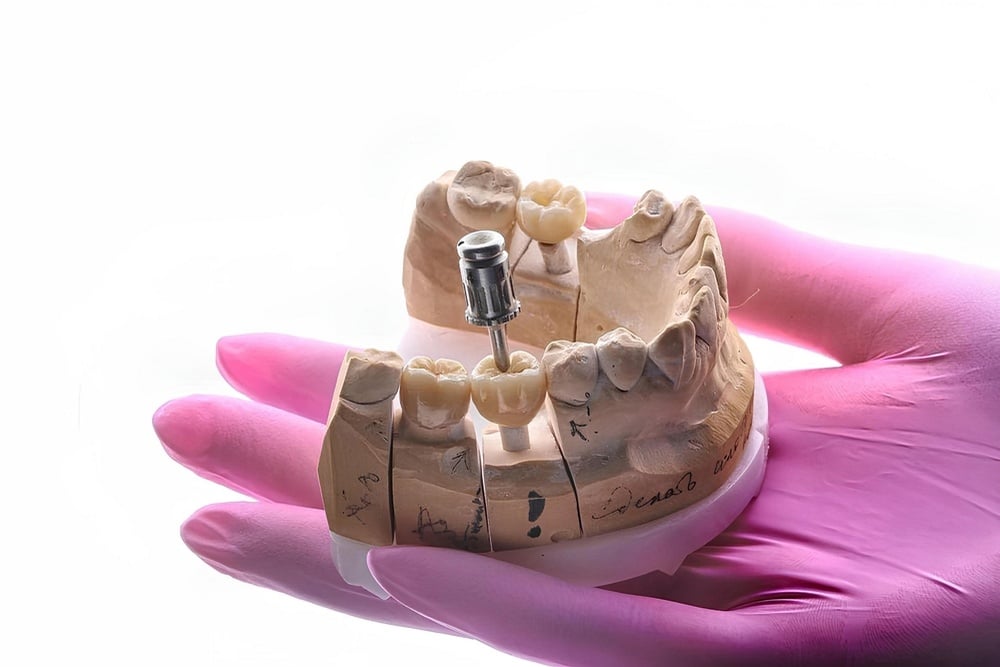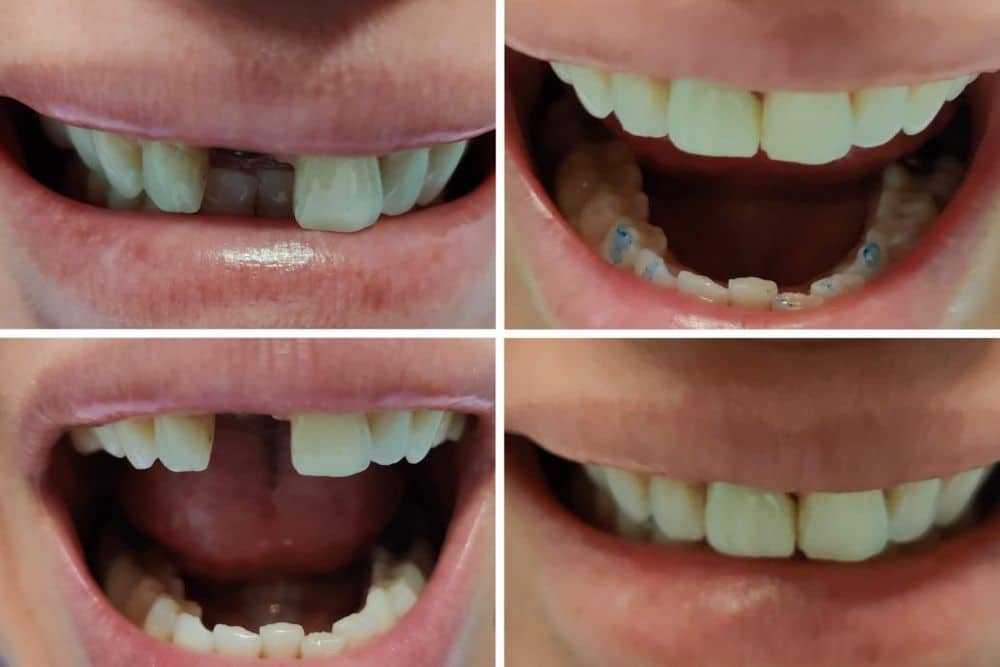Dental emergencies can be painful and distressing, and knowing what to do is important if you find yourself in such a situation. It is essential to see a dentist as soon as possible. Delaying treatment can lead to further complications and potentially irreversible damage. Here are some general guidelines for handling dental emergencies:
Q: What do I do if I knock out my tooth?
If you knock out your tooth, it is important to act quickly to save the tooth and prevent further damage. Here are the steps you should take:
- Pick up the tooth by the crown (the top part) and avoid touching the root.
- Rinse the tooth gently with water, but do not scrub or remove any tissue fragments.
- Try to place the tooth back in its socket immediately, making sure it is facing the right way. Bite down gently to keep it in place.
- If you can’t reinsert the tooth, place it in a container of milk, saline solution, or your saliva to keep it moist.
- Seek dental treatment immediately, preferably within 30 minutes of the injury. Call your dentist or go to the emergency room.
Remember, time is of the essence when it comes to saving a knocked-out tooth. The longer you wait, the less likely it is that the tooth can be successfully reimplanted.
Q: What if I crack my tooth?
If you crack your tooth, it is important to see a dentist as soon as possible. The severity of the crack will determine the appropriate course of treatment.
In the case of a minor crack that only affects the surface of the tooth, a dentist may simply smooth out the rough edges or apply a dental filling to protect the tooth from further damage.
However, if the crack is severe and extends into the inner layers of the tooth, more extensive treatment may be required. This could include a dental crown or even a root canal procedure.
In the meantime, it is important to take care when eating and avoid putting pressure on the affected tooth. You can also take over-the-counter pain medication to help manage any discomfort.
Overall, if you have cracked a tooth, it is best to seek professional dental care as soon as possible to prevent further damage and ensure proper treatment.
Q: What if I think my jaw is broken?
If you think you have a broken jaw, it is important to seek immediate medical attention. A broken jaw can be a serious injury and may require prompt medical treatment to avoid complications.
The symptoms of a broken jaw may include pain, swelling, difficulty opening or closing the mouth, difficulty speaking or breathing, loose or missing teeth, and a misaligned bite. If you are experiencing any of these symptoms, it is important to seek medical attention right away.
At the hospital or dental office, the doctor or dentist will likely perform a physical exam, including an examination of the jaw and face, and may order imaging tests such as X-rays or CT scans to evaluate the extent of the injury. They may also provide pain medication and immobilize the jaw to prevent further damage.
Treatment for a broken jaw may include rest, ice, pain medication, and immobilization of the jaw with wires, plates, or rubber bands. In some cases, surgery may be required to repair the jaw. It is important to follow the recommended treatment plan and attend all follow-up appointments to ensure proper healing and to avoid complications.
Q: How do I treat a severe toothache?
A severe toothache can be a sign of a serious dental issue and should be addressed by a dentist as soon as possible. In the meantime, there are a few things you can do to manage the pain:
- Rinse with warm salt water: Mix a teaspoon of salt in a cup of warm water and rinse your mouth with it. This can help to reduce inflammation and relieve pain.
- Take over-the-counter pain medication: Over-the-counter pain relievers such as ibuprofen or acetaminophen can help to manage pain and reduce inflammation.
- Apply a cold compress: Apply a cold compress to the outside of your cheek near the affected tooth. This can help to reduce swelling and numb the area.
- Use a topical anesthetic: You can apply a topical anesthetic, such as benzocaine, directly to the affected tooth to numb the area and provide temporary relief.
It is important to note that these remedies only provide temporary relief and do not address the underlying dental issue causing the toothache. It is essential to schedule an appointment with a dentist as soon as possible to determine the cause of the toothache and receive appropriate treatment. Delaying treatment may result in the need for more invasive procedures and can lead to complications.
Overall it is important to see a dentist if you have a dental emergency. Dental emergencies can be painful and can lead to serious complications if left untreated. A dentist will be able to evaluate your situation, diagnose the problem, and provide the appropriate treatment to alleviate your pain and prevent further damage.
It’s also important to note that some dental emergencies, such as a knocked-out tooth or a broken tooth, require immediate attention in order to increase the chances of saving the tooth. Delaying treatment can lead to irreversible damage and the need for more extensive treatment in the future. At Dental Arts San Diego, we are experienced in caring for a wide variety of dental emergencies. Schedule an appointment by calling (619) 444-1001 or clicking here. We are located at 707 Arnele Avenue, El Cajon, CA, 92020.


